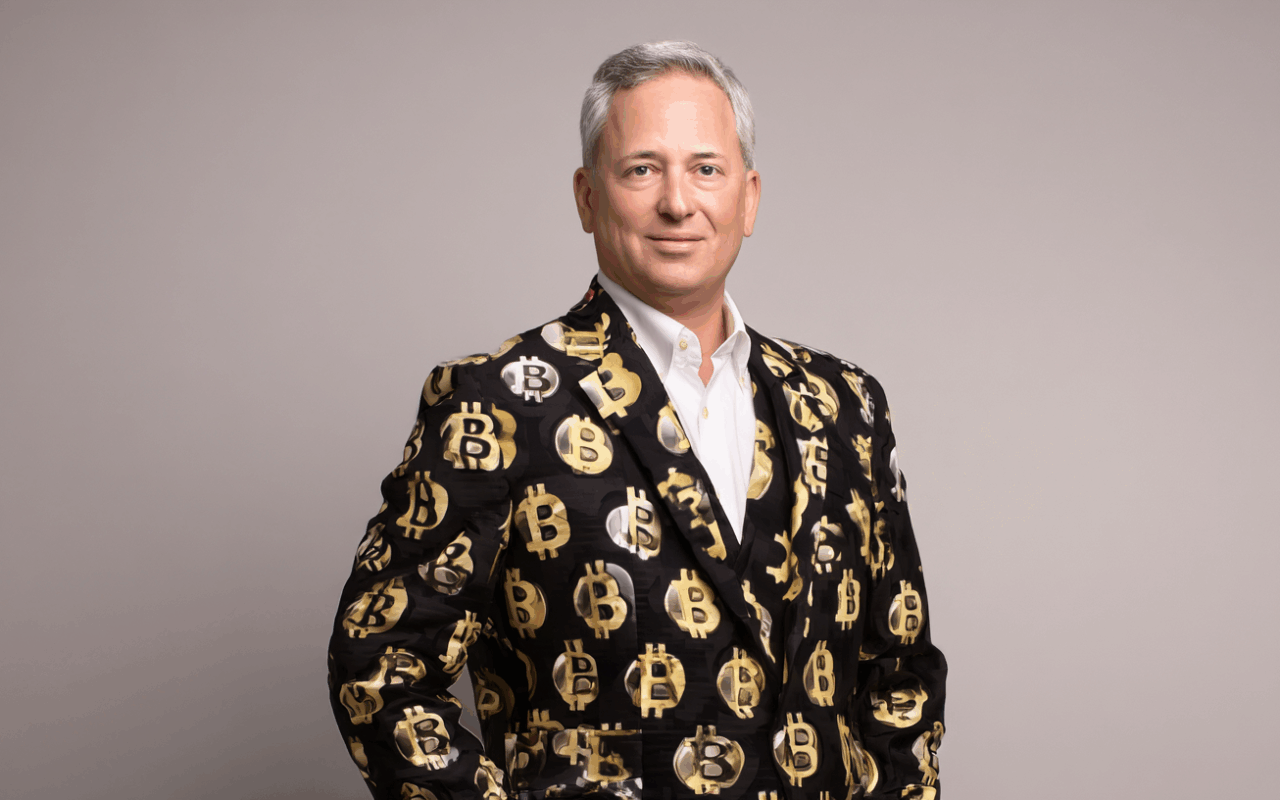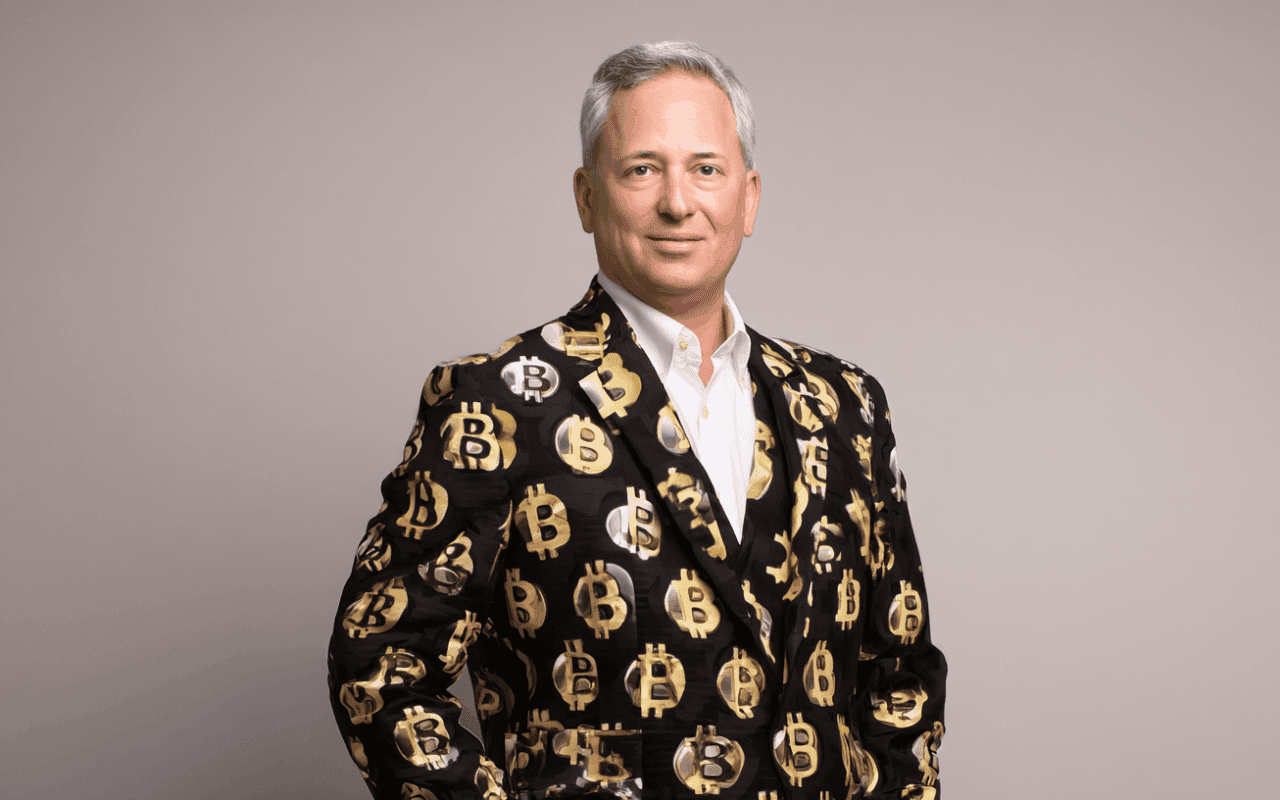For years, Republican lawmakers and right-wing media outlets frothed at the mouth over Hunter Biden’s laptop and fabricated tales of Burisma “corruption” — stories so thoroughly debunked that the FBI informant who invented them, Alexander Smirnov, is now serving six years in prison for his lies. The GOP knew the Burisma bribes were fake Russian disinformation from the start, yet they weaponized these fabrications to launch impeachment proceedings and relentlessly smear the Biden family. Meanwhile, they’ve maintained a deafening silence about the brazen, documented, and ongoing Trump corruption stench emanating from the convicted fraudster‘s second presidency.
The hypocrisy is breathtaking in its audacity. While Republicans manufactured outrage over phantom millions supposedly flowing to the Bidens — money that never existed, deals that never happened, corruption that was entirely fictional — they’ve turned a blind eye to the very real, very documented flood of cash pouring into Trump’s coffers from foreign governments, cryptocurrency schemes, and pay-to-play access deals that would make a banana republic dictator blush. Maryland Representative and House Judiciary ranking member Jamie Raskin called it a “gangster state” in a recent interview with MSNBC‘s Chris Hayes.
What follows is not speculation, not innuendo, not the fever dreams of political opponents. This is a meticulously documented catalog of corruption so vast and shameless that it dwarfs anything previously seen in American presidential history. From $346 million in inaugural slush funds to $5.5 billion foreign real estate deals, from cryptocurrency pump-and-dump schemes netting nearly a billion dollars to a $400 million plane gift from Qatar — the Trump administration has transformed the presidency into a personal ATM with all the subtlety of a smash-and-grab robbery.
The Teapot Dome Scandal of the 1920s served as the quintessential symbol of government corruption for decades — over a mere $7 million worth of bribes to Interior Secretary Albert Fall. It was eclipsed and replaced by Watergate, shortly preceded by the resignation of Vice President Spiro Agnew over the discovery of his $300,000 operation that funneled cash stuffed into plain envelopes by bag men into the White House. Trump’s corruption represents a quantum leap beyond even these watershed moments in terms of sheer orders of magnitude, as well as the brazen manner in which the heists are being conducted in broad daylight.
The same party that spent years screaming about imaginary Ukrainian energy company bribes and fantasy Chinese business deals has remained conspicuously silent as their standard-bearer openly auctions off American foreign policy, drops federal investigations for donors, and literally sells dinner invitations for millions of dollars. The cognitive dissonance would be comical if it weren’t so dangerous to our democracy.
What is an example of political corruption in the United States? You cannot find a bigger collection of brazen examples. This is the story they don’t want you to focus on — the real corruption, the documented grift, the unprecedented monetization of the American presidency happening right before our eyes. I’ll be aiming to keep this list updated with the inevitable additions to come.
Financial Gains from Inaugural Funds and Campaign Donations
- Donald Trump’s two inaugural committees raised an astounding $346 million, which is more than all other inaugural committees combined since Richard Nixon’s in 1973. There is no oversight on how Trump uses the money that was not spent on festivities, although allies claim it will go to projects like his presidential library (…for the guy who doesn’t read.).
- Companies and executives who donated heavily to Trump’s inaugural fund have seen direct benefits in return. For example, the Trump administration withdrew a Biden-era rule requiring poultry companies to keep salmonella bacteria levels below a certain level. Pilgrim’s Pride, which gave $5 million to Trump’s inaugural committee (making it the largest donor to that effort), had two executives on the board of the National Chicken Council, which celebrated the reversal.
- The Trump administration has dropped federal investigations and lawsuits against 89 corporations, many of whose leaders donated heavily to Trump’s inaugural fund.
- Amazon founder Jeff Bezos, Mark Zuckerberg of Meta, the CEO of OpenAI Sam Altman, and AI search startup Perplexity each planned or did donate $1 million to Trump’s inauguration fund, while Trump has refused to sign paperwork requiring him to disclose the donors. The fund has been described as a “slush fund” due to a lack of required accounting for how the money is spent.




